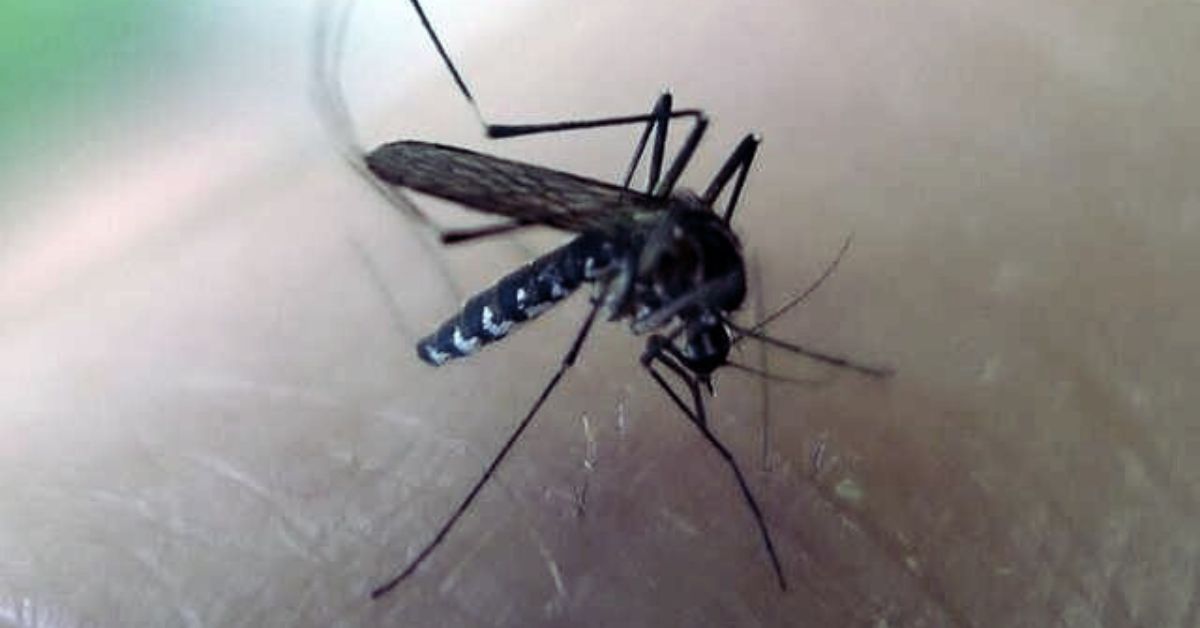ST. ALBANS –– Vermont residents are being cautioned to take measures against mosquito bites as samples from Grand Isle and Franklin Counties have tested positive for Eastern equine encephalitis (EEE). This marks the state’s first detection of EEE in mosquitoes since 2015.
According to the Vermont Agency of Agriculture Food and Markets, over 824 mosquito pools have been sampled across the state this season. The EEE-positive samples were found on August 8 in pools in Alburgh and Swanton. Earlier in the month, West Nile virus, another mosquito-borne illness, was detected in Alburgh and Vergennes.
EEE is a potentially lethal virus transmitted through mosquito bites. Symptoms manifest four to 10 days post-infection, and while many infected individuals may show mild or no symptoms, severe cases can lead to encephalitis — an inflammation of the brain. EEE claims the lives of roughly one-third of those with severe symptoms. The last human cases in Vermont were in 2012, with two fatalities.
A 2010 study identified EEE antibodies in deer and moose statewide, suggesting that the virus is entrenched in the local environment and wildlife.
“EEE can be life-threatening. Vermonters must take proactive measures to protect themselves and their loved ones,” warned Health Commissioner Mark Levine, MD. He emphasized that while the findings are site-specific, both the West Nile virus and EEE could be widespread in Vermont.
The Health Department recommends:
- Wearing long-sleeved attire when outdoors.
- Avoiding outdoor activities during dawn and dusk.
- Using EPA-approved insect repellents.
- Eliminating standing water in gutters, tires, pools, flowerpots, and bird baths.
- Covering outdoor baby equipment with mosquito nets.
- Ensuring window and door screens are intact and securely fastened.
Horse owners are advised to keep their animals’ vaccinations updated for EEE and other insect-borne illnesses. In 2012, two horses succumbed to the virus.
Excessive rainfall and flooding have resulted in a spike in mosquito populations. Residents are urged to curtail mosquito breeding by removing stagnant water sources, such as flowerpots and buckets. Drilling drainage holes in tire swings and storing children’s pools empty and inverted can also help.





